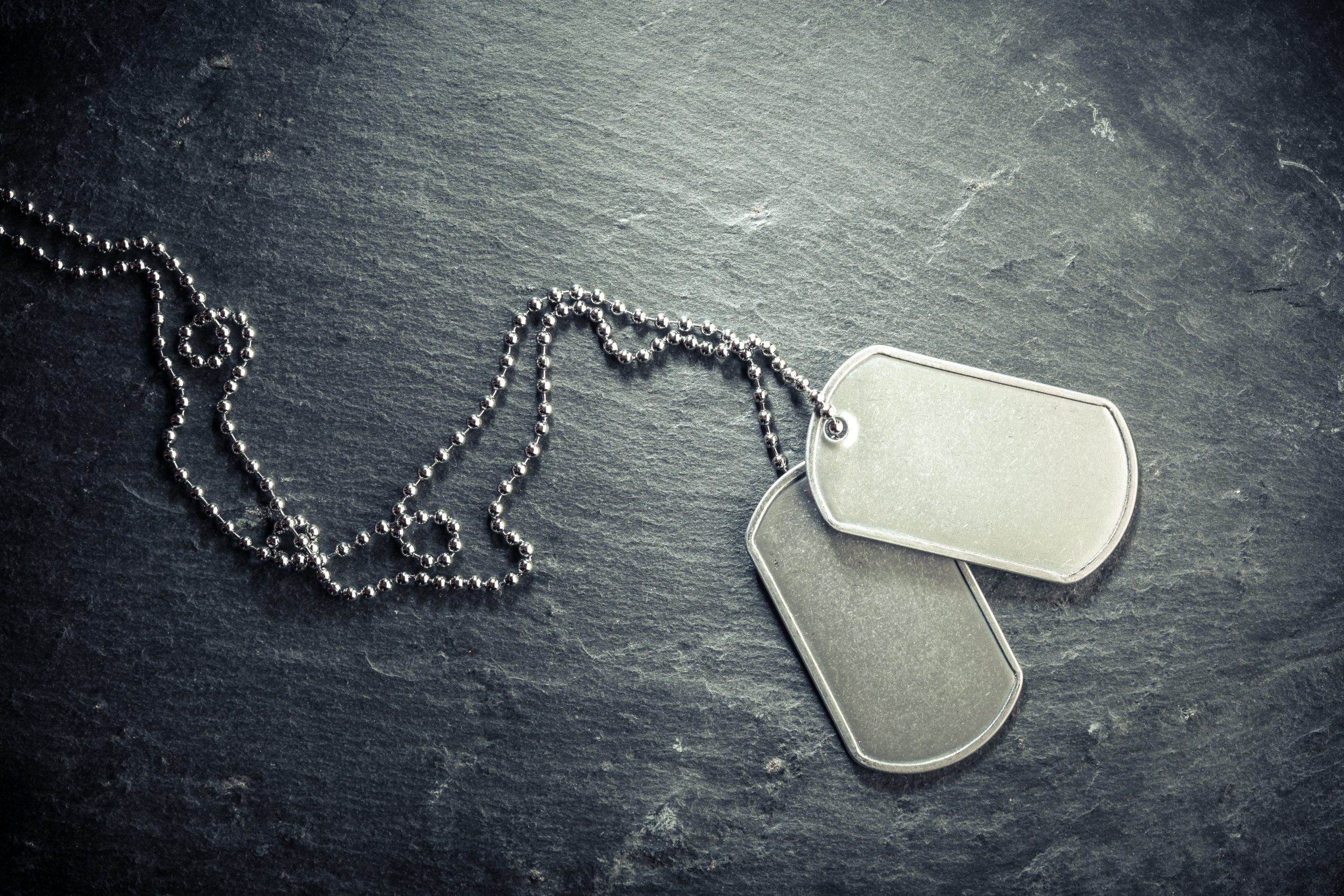Thousands of veterans and their families struggle each year to have conversations about the veteran’s military experiences. Often, family members are afraid to start the conversation for fear of saying the wrong thing, pushing too hard, or triggering traumatic memories. However, while these conversations require care, they do not have to be forbidden.
We wanted to thank veterans and their families by encouraging healthy conversations and connections during Veteran’s Day. Having the opportunity to have a healthy, loving, and non-judgmental conversation with your family helps to remove the stigma surrounding having served in war.
Tips for Talking With Veterans About Military Experiences
- Create a space for people to talk. Be sure to tell the veteran that you value both the positive and the painful aspects of their lives, and ask if they’d be willing to share about their experiences.
It’s unlikely that this conversation will occur in public. People don’t like to appear vulnerable in public, especially if their military experiences are emotional. If you have time, consider eating together and letting the conversation develop naturally. You can also do a joint activity, such as taking a walk or hiking together or completing a puzzle together, and then ask if they’d be willing to share.
- Maintain respect for their boundaries. Avoid pressuring them. When you extend an invitation to speak with the veteran and they refuse, either directly-“I won’t discuss this with you or anyone else”- or indirectly by changing the subject, don’t push it. Respect their boundaries and end the conversation.
War veterans and other traumatized individuals often wish to protect their families from the experiences they have gone through or witnessed first-hand. When you sense a veteran is holding back, respect their boundaries and don’t push them. You may never have the conversation, or it may take a few conversations to hear what they’d like to share. Respect them and allow them to tell their story in their own way. Be a patient listener, prompting for more questions (What happened next?), and paraphrasing on occasion if you need clarification. Avoid asking ‘why’ questions or making any assumptions. Empathy goes a long way, but try not to be an expert over their experience (“It would’ve been different if you’d done this…”), or to dig too deeply. End the conversation by acknowledging how meaningful the shared experience was to you.
- Empathize. The veteran will find comfort in the midst of a potentially painful and scary conversation if you are empathic, and the bond between you will be strengthened.
Unimaginable atrocities occur in war, and the losses are not limited to lives, but to psyches and souls as well. There are numerous health problems associated with war veterans, including post-traumatic stress disorder (PTSD), depression, anxiety, panic attacks, substance abuse, relationship problems, estrangement from family, and more. Veterans who share their experiences should be met with empathy.
In the midst of crisis and chaos, there is courage in talking about deep pain and emotional turmoil-even if it has been 45, 65, or 75 years since the experience.
- Be aware of your own emotions as they arise. There may be a lot to take in from what the veteran shares. Perhaps you were surprised to feel anger, fear, disgust, sadness, or confusion. Any negative emotions you might have must be acknowledged and managed. But do not let your emotions overshadow the veteran’s experience. Though some of their stories may be difficult to hear, experiencing these things was even harder.
- Show acceptance. When a veteran opens up to you, you should welcome them with love and acceptance. When a veteran shares their military experiences, especially if they were involved in combat or other traumatic events, it’s incredibly vulnerable. Military culture has a reputation for being rigid, punitive, and shameful, especially to those who show vulnerability.
A veteran might doubt themselves when discussing even the most basic military experience, let alone something very painful. Demonstrating acceptance and love helps validate their experience, particularly if the past has been filled with judgment or criticism from others. By validating their experience, you can build trust and help the veteran to continue to heal.


